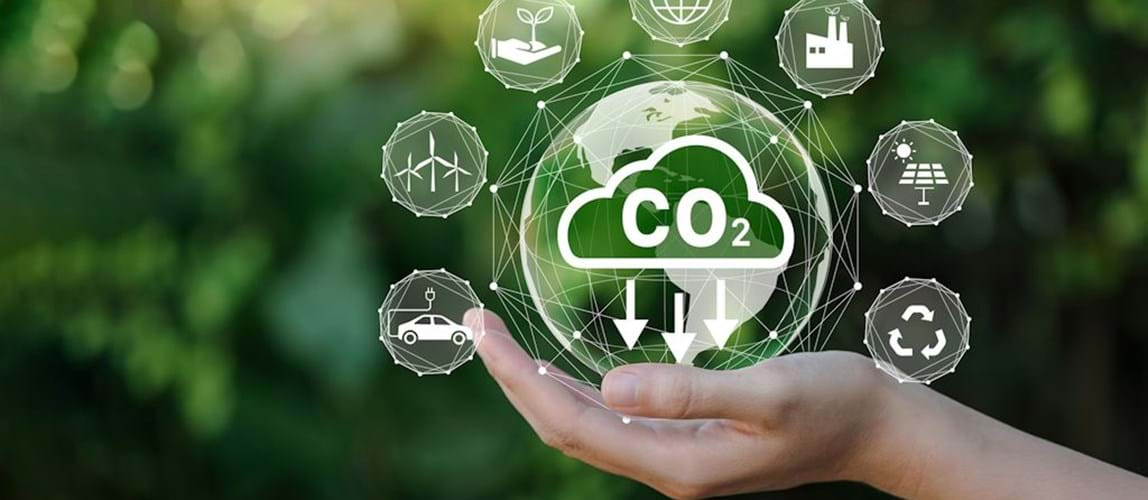Computer Aided Process Engineering
Webinar: Role of Computer-Aided Process Engineering Tools for Energy Sector Decarbonisation - The Past, Present and Future

- Date From 19th June 2025
- Date To 19th June 2025
- Price Free of charge.
- Location Online: 17:00 MYT/10:00 BST. Duration 1 hour.
Overview
We still have a lot work to do when it comes to reducing CO2 emissions globally. More effective carbon reduction strategies must be put in place to cut CO2 emissions in the coming few decades. To curb the impact of CO2 emissions, IPCC’s report stated that a net-zero target must be achieved by the year 2055. This would certainly require a large-scale deployment of low carbon energy systems. Experts argue that this is a critical time to make important and accurate decisions as we cannot afford to make costly judgements.
Thus, it is essential for us to have the right tools for us to efficiently plan and deploy future energy systems that help cut emissions. This is where process systems engineering (PSE) tools can play a huge role, providing a range of process integration and optimisation tools for informed decision-making. As such, this presentation aims to shed light on how PSE tools have tackled this issue in the past, what is currently being done and what the future holds for PSE.
Speaker
Dr Viknesh Andiappan, Associate Director, Swinburne University of Technology Sarawak Campus
Viknesh is the Associate Director of the School of Research at Swinburne University of Technology Sarawak Campus. He also serves as an Associate Professor at the Faculty of Engineering, Computing and Science where he does research and teaching. He leads the Sustainable and Clean Energy Research Cluster under the Centre of Sustainable Technologies. He is the author and lead editor a book titled Optimization for Energy Systems and Supply Chains: Fundamentals and Applications, published in 2022 by CRC Press. His area of specialisation centres on developing process systems engineering tools to design and optimise net-zero energy systems and supply chains. He developed several computational methods to perform energy planning for greenhouse gas emission reduction. His work also aims to create software, techniques and algorithms to solve large-scale problems relevant to decarbonisation of the energy sector. Viknesh is well-published and well-cited (over 100 publications with an h-index of 19) and presented several papers at various conferences.
He is an editorial board member for Process Integration & Optimization for Sustainability (Springer Nature) and International Journal of Energy Research (Wiley). He is also one of the co-founders for the of Process and Systems Engineering for Sustainability (HOPES). Aside from research, he also volunteers with IChemE as a trained Chartered Engineer assessor and currently serves as the Chair of the IChemE Palm Oil Processing Special Interest Group.
The material presented has not been peer-reviewed. Any opinions are the presenter’s own and do not necessarily represent those of IChemE or the CAPE SIG in full. The information is given in good faith but without any liability on the part of IChemE.
Back to events